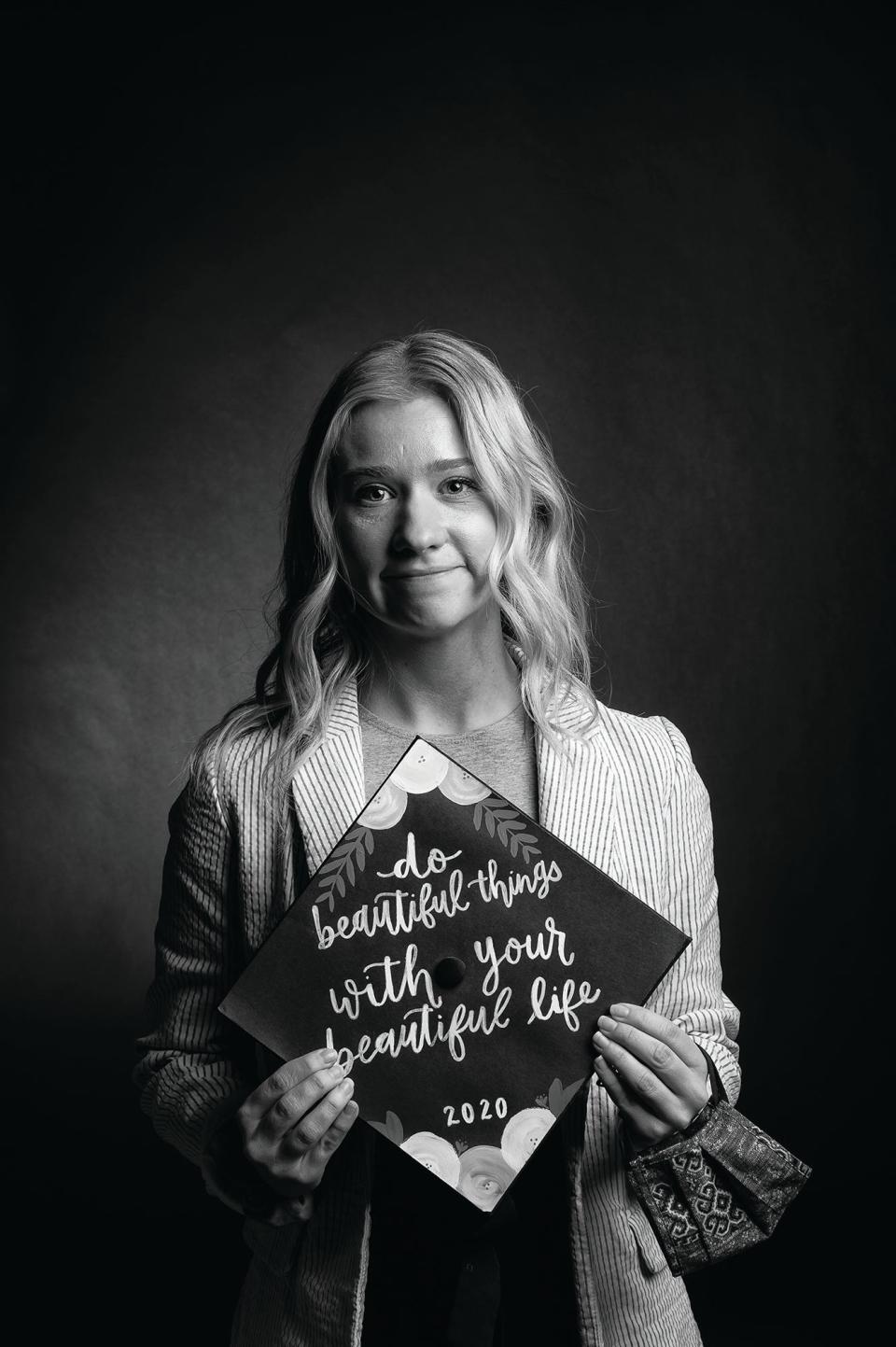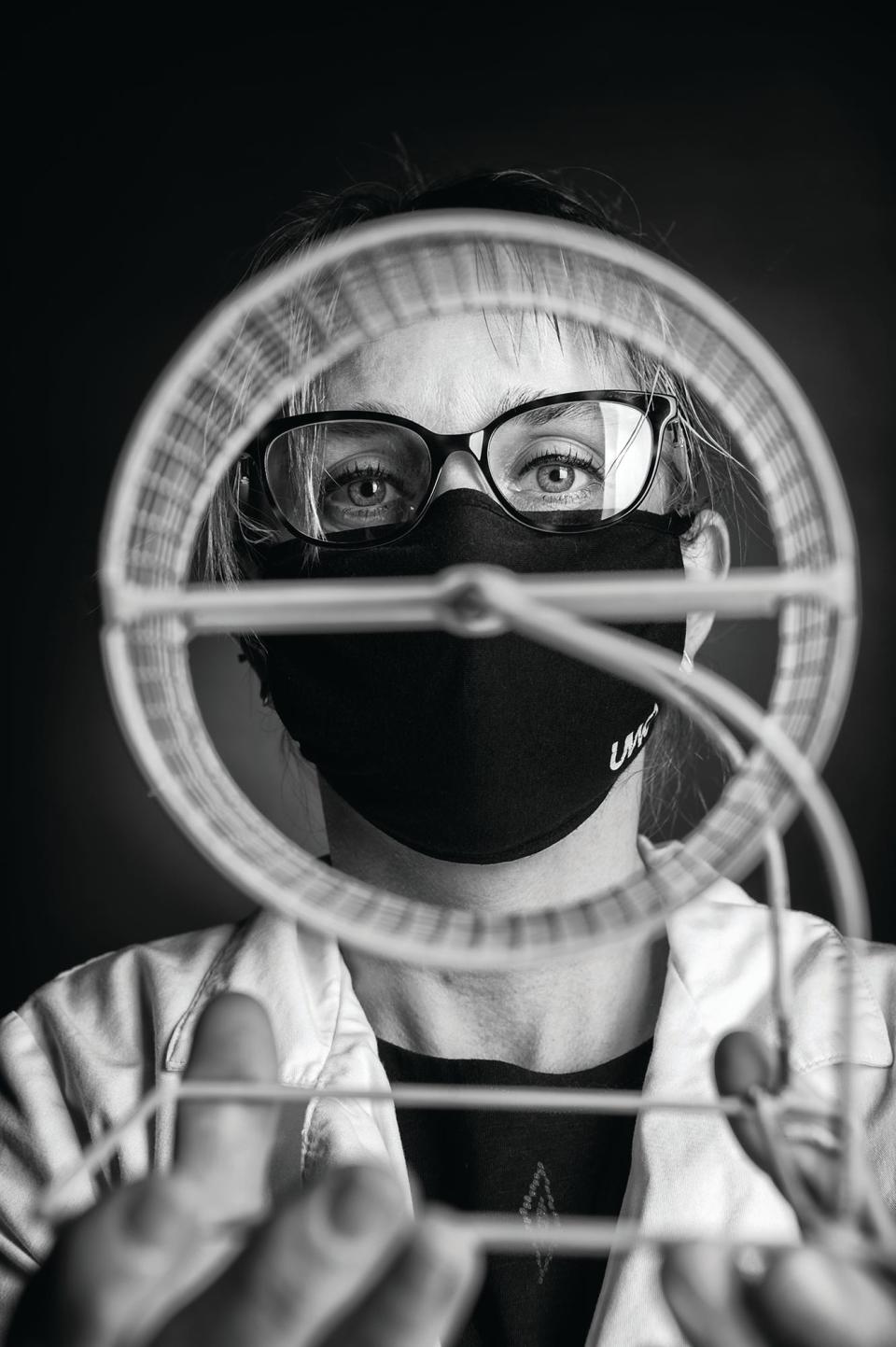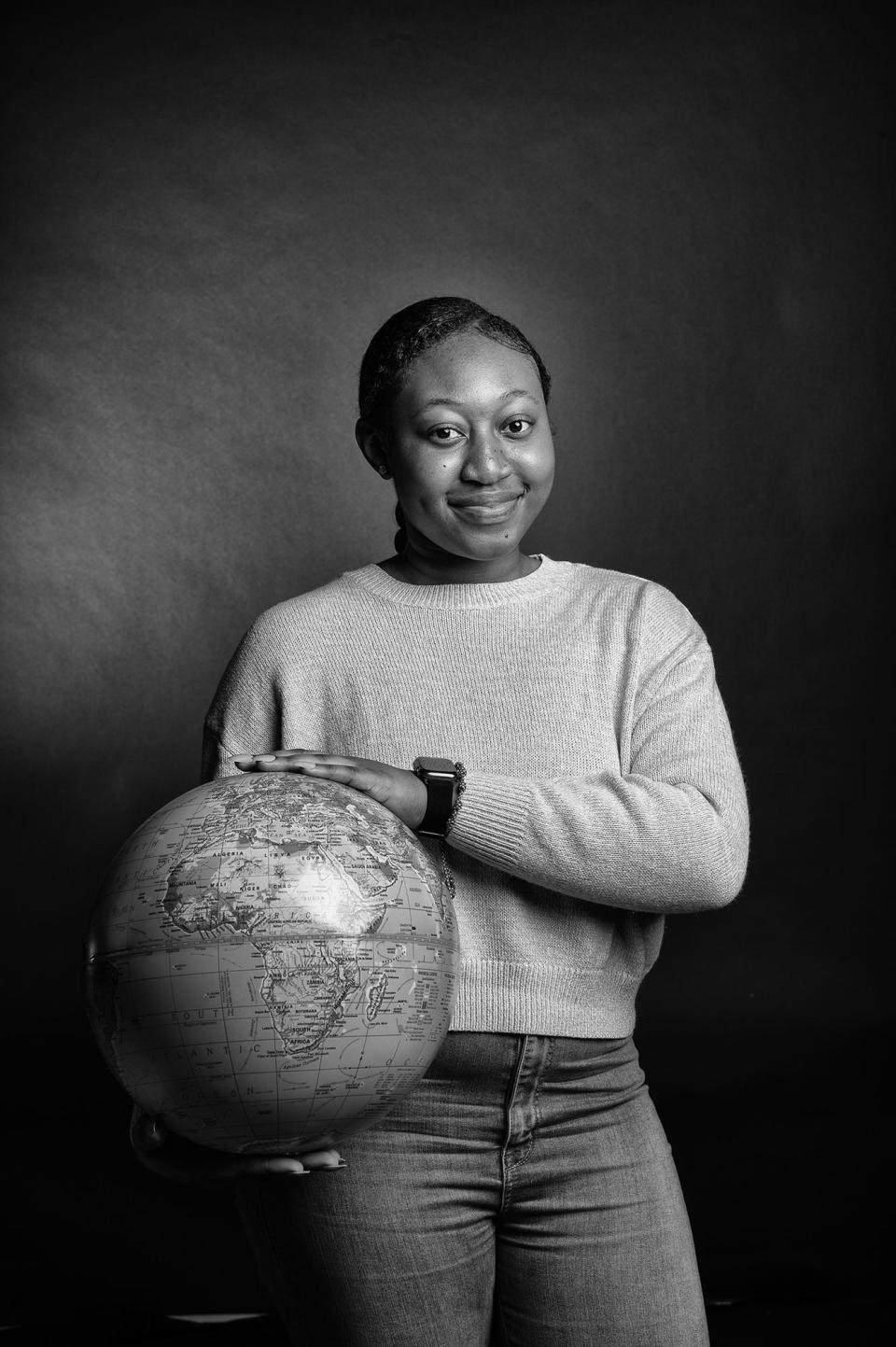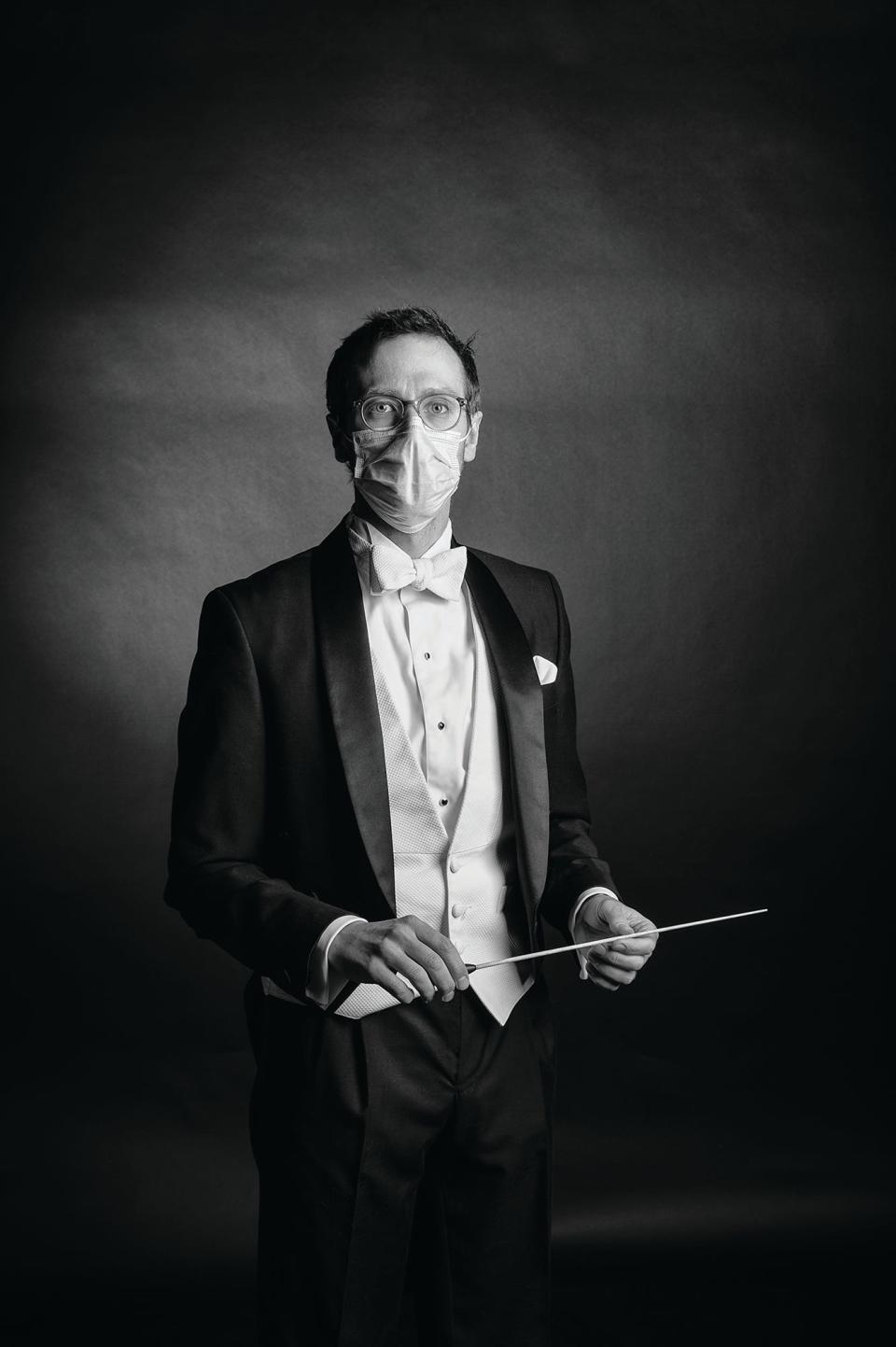Stories of isolation, illness, essential workers and resilience detailed in new book about UW-Oshkosh’s response to COVID-19
OSHKOSH - The COVID-19 pandemic may one day fade from memory but details from the University of Wisconsin-Oshkosh’s response are carefully preserved in a 250-page book titled "Campus COVID Stories."
To process what was happening at UWO and the world, 120 people were interviewed as part of the latest Humans of Oshkosh storytelling project — explaining their experiences living, teaching, serving and learning during COVID. More than 1.5 million words were transcribed in the process.
“Campus COVID Stories is an epic tale of strength, resilience and the human spirit,” said Grace Lim, lecturer and editor of the book. “It’s about a university community rallying together during a crisis, caring for each other and emerging stronger and more connected on the other side.”
Stories were collected by Lim and her students in the Quest III, Telling Stories for Fun, Profit and World Peace classes in fall 2021 and spring 2022 and by students from the Honors College. Interviews were done in person, via email, phone or video chat. UWO photographer Pat Flood captured many of the images, including the stark black-and-white photos found throughout the book.

Four students, MaryAnn Reindl, a senior medical laboratory science major from Fremont; Tanner Sarauer, a senior political science major from Slinger; Emelia Smith, a senior nursing major from Oshkosh; and Cory Sparks, a senior radio TV film major from Pleasant Prairie, will present Campus COVID Stories as part of their Honors College thesis projects.
The multimedia presentation, with slide show and audio recordings, takes place 5-6:30 p.m. April 27 in the Music Hall at the Arts and Communications Center, 1001 Elmwood Ave. Doors open at 4:30 p.m.

The project includes explanations of the early days when leaders decided campus would be shut down, athletics canceled, and faculty and students transitioned to remote learning in a two-week span. There are stories of isolation and illness and stories of essential workers who continued to report to work. There are powerful stories of resilience.
Ashley Klopatek, a junior nursing major from Minocqua, said when she found out she got COVID she had to move to the COVID dorm.
“Freshman year, if you saw someone walking with bags across campus, it’s COVID,” she said. “Everyone knew and thought, 'Oh, that person’s going to quarantine.'”

Fellow nursing major Kennedy Rud, a junior from Batavia, Illinois, said her 89-year-old grandmother tested positive in the summer of 2020 and was hospitalized for two weeks.
“I had my CNA license, and my grandma was my first true patient," Rud said. "When she went home, I ended up caring for my grandmother for three months. I wore an N95, goggles and washed my hands and cleaned her surfaces constantly. Throughout this experience, I learned a lot about what kind of health worker I want to be.”

Brian Ledwell, a Canvas administrator with information technology, explained the inability to get hardware like webcams and microphones to help instructors teach remotely and how he and co-workers spent a weekend creating about 30 makeshift document camera setups with PVC piping.
“It wasn’t perfect," he said, "but you can use it to make a camera point down, and it was good enough for the time."
Historic times
The two-year storytelling project was the brainchild of Chancellor Andy Leavitt, who recognized early in the pandemic that the university family was living through a defining moment in the 21st century and that documenting the university’s experience would be a service to future generations.
There was virtually nothing in place to archive the experiences and impact on the UWO campus community after the 1918 influenza pandemic, which is believed to have infected about one-third of the world’s population.
“I felt it was critical for us to document an important passage in UWO’s history,” Leavitt said. “However, it was just as important also to leave a kind of how-we-did-it record — to capture the story of how we, as individuals and a community, pivoted, adapted and overcame an unparalleled threat to safely continue our educational mission.
“Our decisions and experiences led to triumphs and heartaches," he added. "The students who carried out this multimedia project with Grace Lim’s tutelage, guidance and support truly captured that spectrum."
Read more:
UWO professor earns patent: UW-Oshkosh engineering professor earns patent for flameless industrial oven
Liz Cannon: Professor retires from UW-Oshkosh after 25 years of creating a more inclusive campus for LGBTQ students
This article originally appeared on Oshkosh Northwestern: COVID-19 at UW-Oshkosh detailed in Humans of Oshkosh book

